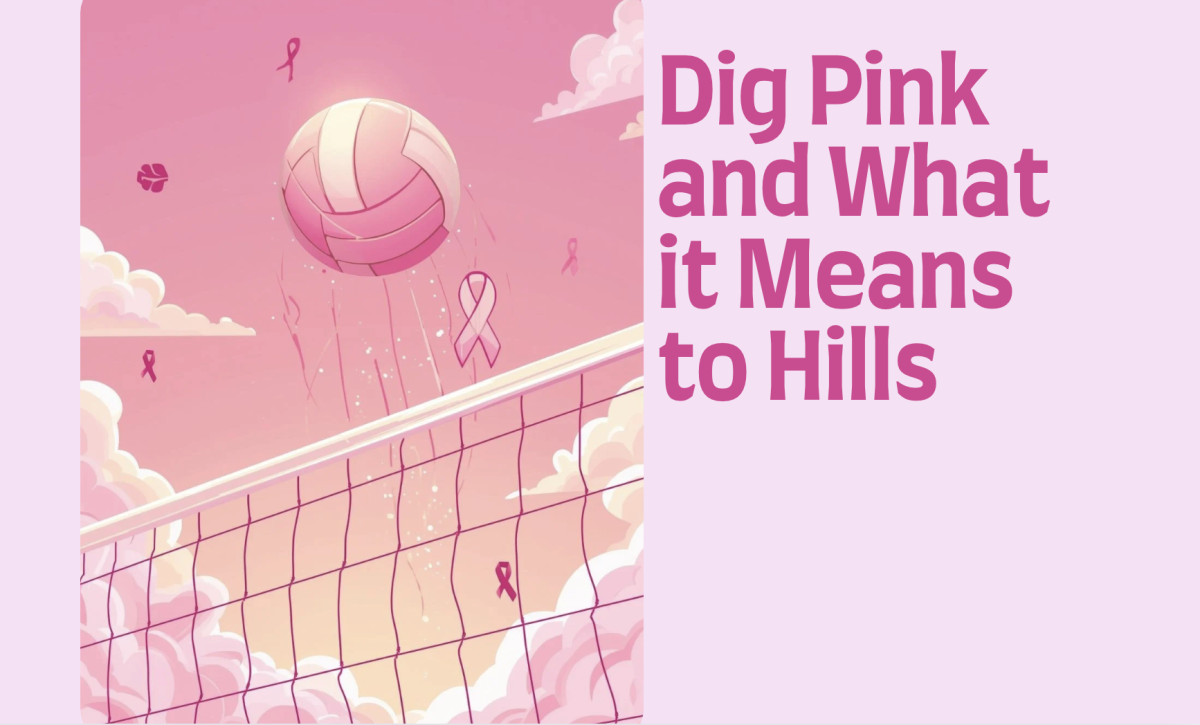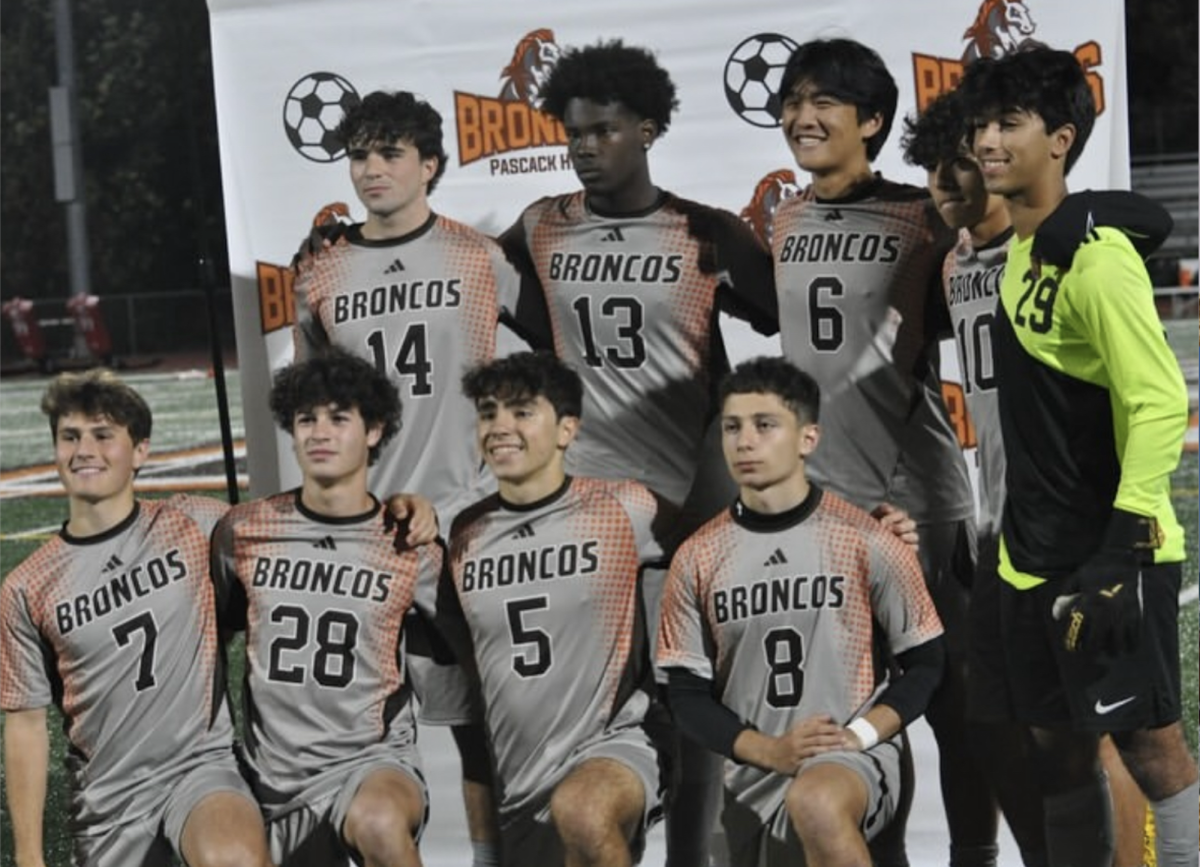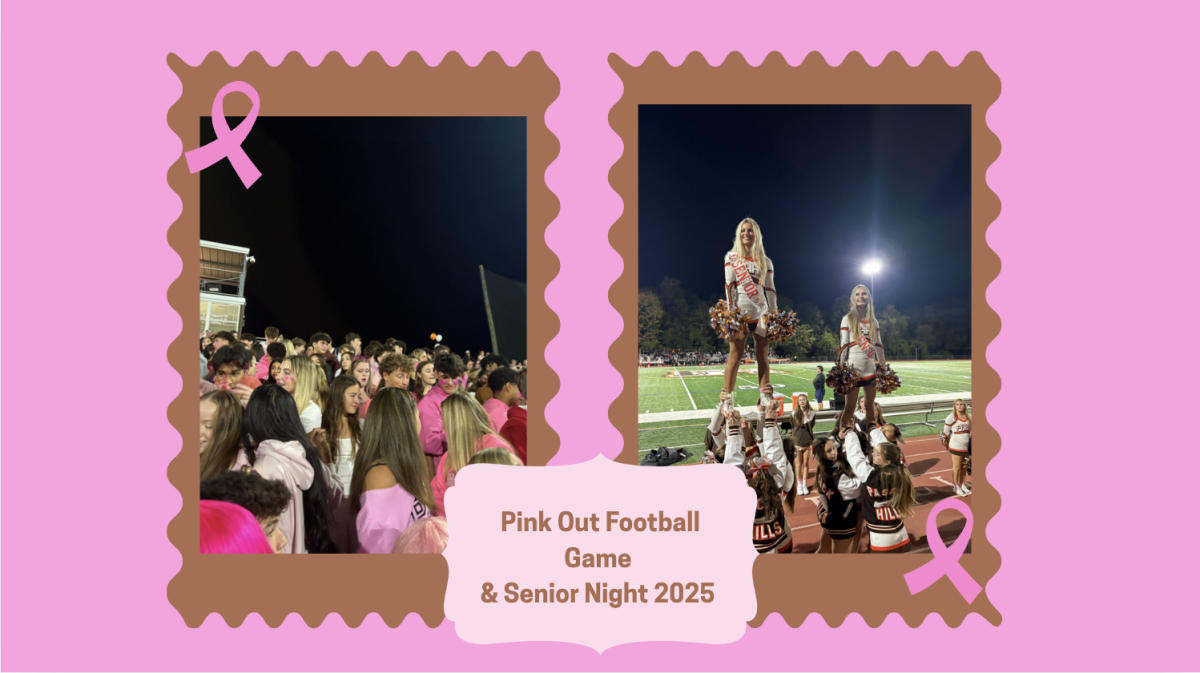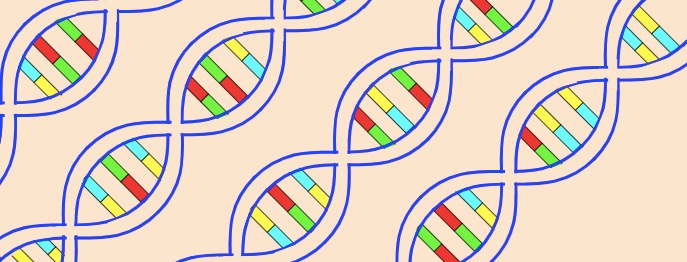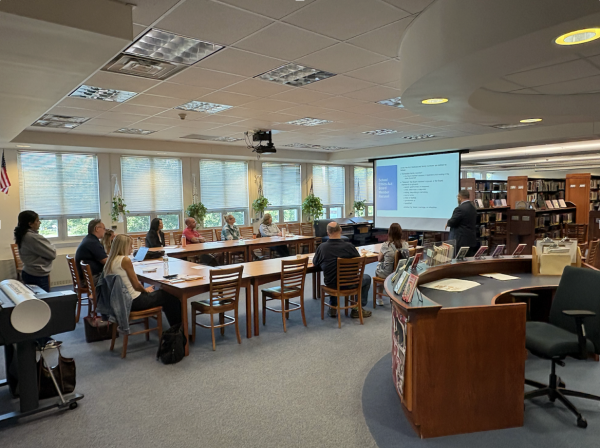Research in Genetics class mutates to unusual school year
Prior to the pandemic, students usually completed their research projects not only in class but also after school, during the Pascack Period, and whenever they were allowed to work in the classroom.
Google Drawing by Sabrina Moe
Until an effective solution can be found for the virus, students will most likely be unable to accomplish their experiments in school.
With the hybrid schedule and health restrictions in-place due to the Covid-19 pandemic, hands-on classes at Pascack Hills are operating very differently this year. Research in Molecular Genetics courses are particularly affected by this new reality.
Research in Molecular Genetics is a group of elective classes at Hills that emulate real-life scientific research. Students spend class having first-hand experience in research with the help of their teacher.
In Research in Molecular Genetics I (RMGI), students focus on identifying DNA in duckweed and developing their own research projects throughout the year. Their duckweed findings are published and experiments are presented at a science fair.
aDVERTISEMENT
Students taking RMGII and RMGIII typically continue with their research and independent projects.
If it was a regular year, “partners and [the] teacher would work side by side while doing research in very close proximity… [and] particularly in RMGI, hands-on experimentation would have begun by October” stated Dr. Martin Edelberg, who teaches Research in Molecular Genetics.
Currently, RMGI students are learning background information that will be applied when performing research in the course. They are experiencing a more traditional class with powerpoints and worksheets.
Research in Genetics students are beginning to plan their independent research projects. This is a major change in RMGI that usually starts with duckweed research. Another clear difference this year for the course is how the experiments are being performed.
Hills junior Erin McCarty explained how she and others who took Research in Molecular Genetics last year often stayed “after, before, or during school to work on” their projects.
The new hybrid schedule and limitations on time spent in the building reduce work students can complete in school. As a result, a large portion of the class has to take place at home.
Prior to the pandemic, students usually completed their research projects not only in class but also after school, during the Pascack Period, and whenever they were allowed to work in the classroom. Until an effective solution can be found for the virus, students will most likely be unable to accomplish their experiments in school. There is a high possibility they will have to perform their research at home.
Dr. Edelberg hopes “to do all the work that is needed to develop a research project and register for the science fair as normal… [so] by January-February we can start performing the necessary labs.”
However, this year’s path of action will ultimately be decided by the pandemic and the progress being made to stop it.
Dr. Edelberg expressed that even if students cannot complete the projects they created this year, he “hopes . . . [they] will come back next school year and start right off with their project that was already designed the previous year.”
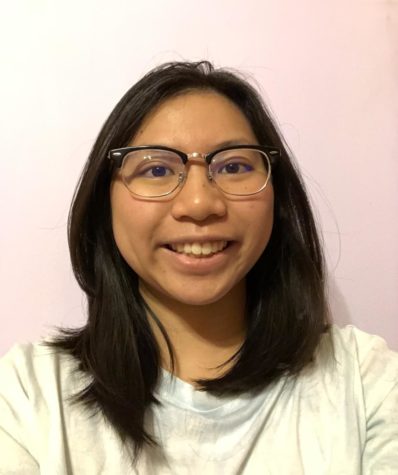
Sabrina Moe is a Hills senior. She joined the Trailblazer her sophomore year as a staff writer and edited for the In-Depth section her junior year. This year, Moe is eager to edit for the College Corner section and to manage college news among the Hills community.
Fun fact: Moe enjoys listening to various genres of music, especially music from the early 2010s.






